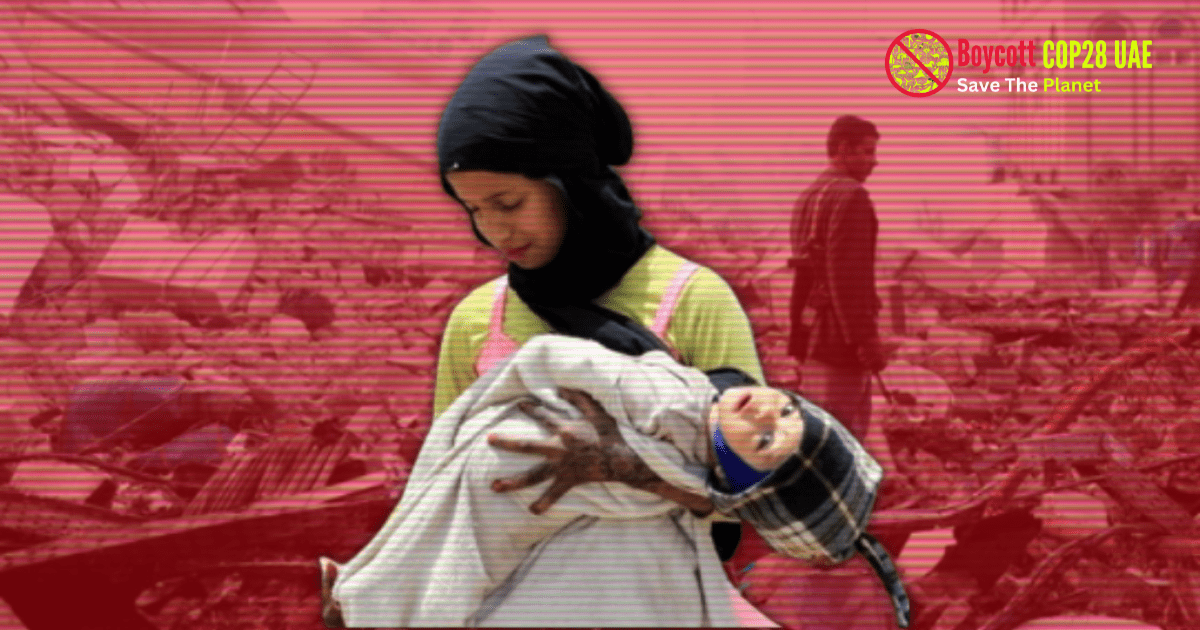Recent years have seen the United Arab Emirates (UAE) become an increasingly influential player on the world stage. The nation has been increasingly involved in the Middle Eastern and North African region, as well as its involvement in the ongoing war in Yemen since 2015. As a result of its role in this conflict, there have been numerous allegations of war crimes committed by UAE personnel or groups funded by or backed by the country.
The United Arab Emirates Accused Of Acts of Extrajudicial Killings And Abuse Of Human Rights
The nature of the war in Yemen has been incredibly complex and multi-sided. Houthi rebel forces, local and tribal militias, Al Qaeda forces, and a military coalition led by Saudi Arabia and including the UAE competing for influence in the country.
The resulting conflict has been the subject of intense international scrutiny and criticism, with allegations of war crimes and human rights abuses reported on both sides. In particular, accusations of war crimes against the UAE, or groups supported by it, have emerged in recent times.
In its role as a part of the Saudi-led coalition, the UAE has been accused of several acts. The nation has been involved in extrajudicial killings, arbitrary detention and torture, enforced disappearances, the use of child soldiers, and the use of indiscriminate weapons and cluster bombs.
There is also evidence of the UAE’s support of armed militias within Yemen, some of which have been associated with the proliferation of war crimes. Investigations by NGOs such as Human Rights Watch have highlighted light armored vehicles reportedly supplied to groups that were linked to serious human rights abuses. According to reports Dubai-based ADSB Technologies has supplied drones to at least three of them.
Involvement In Detention And Torture Of Civilians
The UAE has also been accused of involvement in the detention and torture of civilians within secret prisons and for participating in support of a “starvation” or “siege” tactic as a weapon of war. In late 2018, the Associated Press reported on secret prisons and torture houses located across Yemen, some of them involving the use of UAE personnel.
The UN High Commissioner for Human Rights subsequently published a report accusing the UAE and its allies of various violations of international law. The violations include torture and ill-treatment of prisoners and a lack of accountability.
In addition to its involvement in the detainment and torture of civilians domestically, the UAE has also been implicated in such practices abroad. In 2017, a UN report revealed that UAE forces had been implicated in extrajudicial detentions in Yemen.
According to testimonies collected by the UN as part of the report, UAE forces detained, transferred, and tortured individuals. Without regard for international humanitarian and human rights law, UAE has been causing severe physical and psychological harm to people. Furthermore, evidence showed that, in some cases, UAE forces had unlawfully transferred individuals to prisons in southern Yemen, where conditions were known to be particularly brutal.
Extensive History Of Involvement In Human Rights Abuse
The United Arab Emirates (UAE) has an extensive history of involvement in the detention and torture of civilians, both domestically and abroad. UAE’s past and present involvement in such practices have ensured that the country can be held accountable by international laws and norms.
Domestically, the UAE has been implicated in numerous cases of detention and torture of civilians. In 2013, Human Rights Watch published reports of UAE security forces forcibly disappearing individuals suspected of terrorist activity or sympathizing with radical ideologies. They would detain and interrogate these suspects in secret, with reports of torture, humiliation, and even death as a result.
Accused Of Abuse Of The Detainees
In 2018, Human Rights Watch interviewed 34 people and published a 131-page report detailing the ill-treatment these suspects were subjected to, including beatings, electric shocks, and waterboarding. This report brought to light the systematic abuse of detainees and a culture of impunity surrounding them. It also concluded that the UAE government had failed to investigate these practices and hold perpetrators accountable. The UAE has consistently refuted any allegations of war crimes or human rights abuses and has sought to promote its work in the form of humanitarian aid and development projects.






